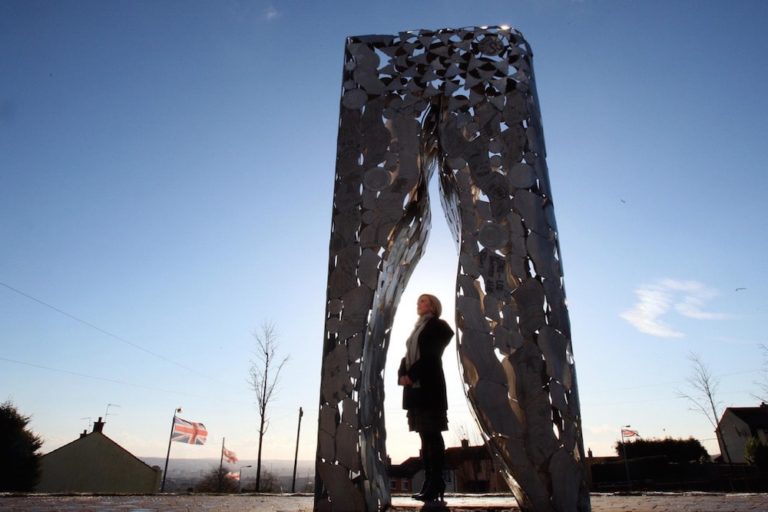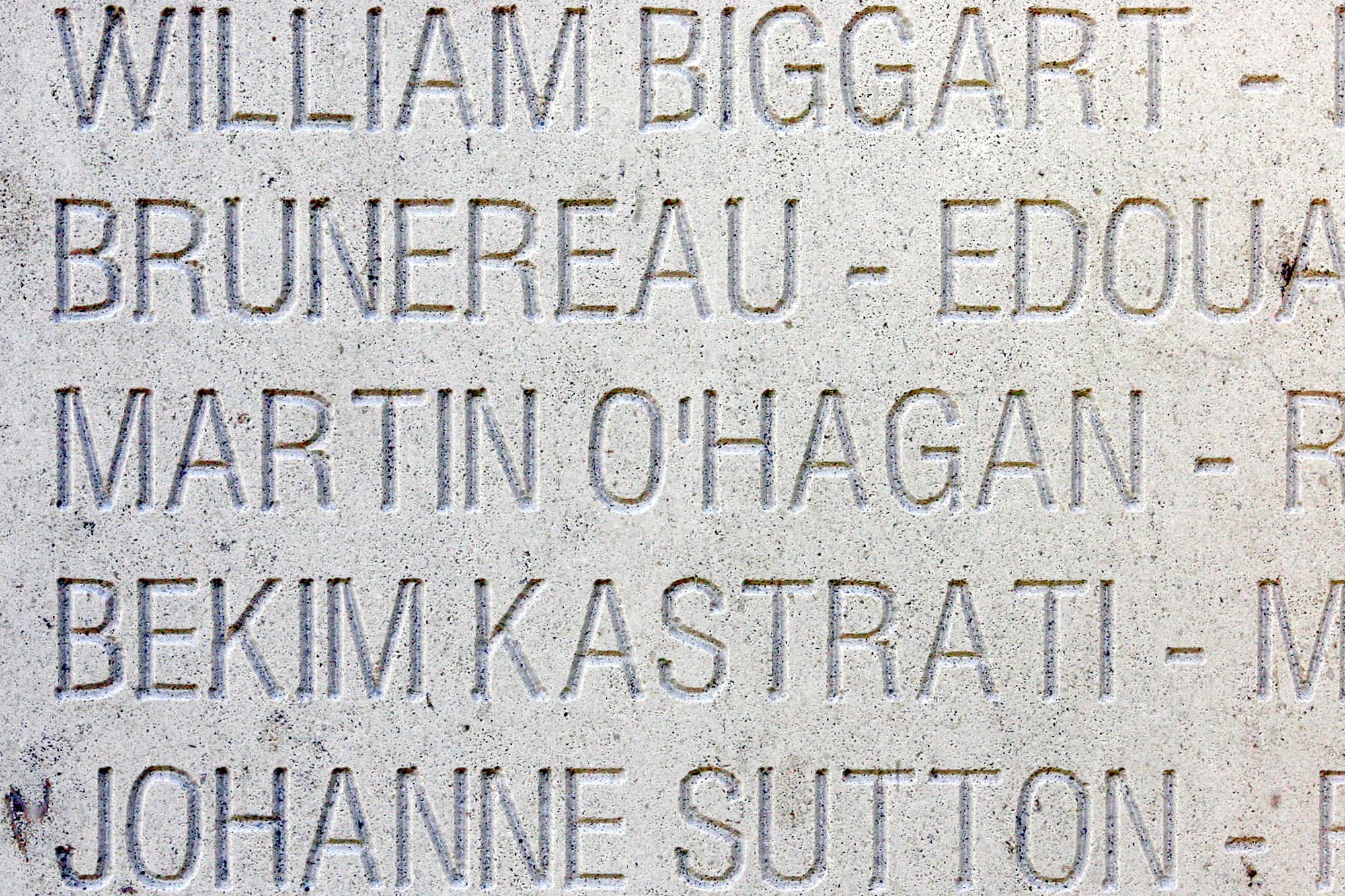(RSF/IFEX) – On 27 September 2002, RSF expressed concern at the “lack of any real progress” in the inquiry into the murder of Irish journalist Martin O’Hagan, one year after he was shot dead in front of his home. “This disgusting murder cannot go unpunished,” said RSF Secretary-General Robert Ménard, noting that he was the […]
(RSF/IFEX) – On 27 September 2002, RSF expressed concern at the “lack of any real progress” in the inquiry into the murder of Irish journalist Martin O’Hagan, one year after he was shot dead in front of his home.
“This disgusting murder cannot go unpunished,” said RSF Secretary-General Robert Ménard, noting that he was the first journalist killed in the course of his work since the start of the Northern Ireland conflict.
Since his murder on 28 September 2001, eight people have been questioned but none of them have been charged, police say, for lack of evidence.
O’Hagan, 51, who had been investigating armed groups and drug gangs for several years as a reporter for the weekly “Sunday World”, was gunned down in front of his home in Lurgan, Co. Armagh, near Belfast.
A group calling itself the Red Hand Defenders claimed responsibility the next morning in a phone call to the BBC. The name is used by Protestant paramilitary groups, especially the Loyalist Volunteer Force (LVF).
O’Hagan had been threatened many times as a result of his investigations seeking evidence that Protestant groups, notably the LVF, were killing Catholics simply as a way to cover up their drug trafficking operations.
In the early 1990s, Loyalist terrorist chief Billy Wright ordered O’Hagan’s murder. O’Hagan also gave evidence in a libel case concerning allegations of collusion between police and armed Protestant groups in the 1980s.


